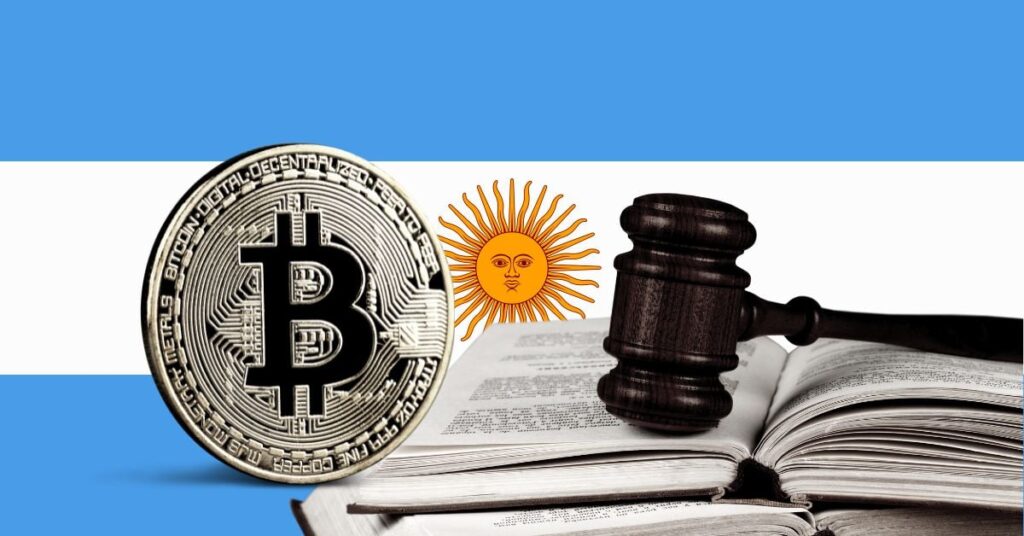Argentina is taking a big step toward strengthening its cryptocurrency regulations with a project that could change the way cryptocurrency companies operate. The Argentine Securities Regulator (CNV) has launched a public consultation on General Resolution 1,025, which introduces new compliance rules for Virtual Asset Service Providers (VASP).
If these rules are approved, crypto companies will have to be more transparent, disclose agreements with third parties and comply with minimum capital requirements. These changes could have a significant impact on the Argentine crypto industry.
Let’s see what this means for investors!
Why is Argentina doing this?
The main objective of these new rules is to strengthen cybersecurity, prevent money laundering and improve the country’s financial system. Argentina’s decision also sends a signal to other countries facing unregulated crypto markets, showing their commitment to fighting unfair practices.
What does this mean for crypto investors?
A key part of the project is the introduction of a minimum capital requirement for crypto companies. Large institutions handling the transfer, storage and management of virtual assets will need to hold at least $173,000 to operate legally. However, sole traders will not need to register as companies, making it easier for small traders to continue trading. This project builds on the Argentine VASP registry, launched earlier this year.
- Read also:
- Crypto Regulations in Argentina 2024
- ,
Industry reaction: caution and hope
The proposed regulations have received mixed reactions from the crypto community. Many agree on the need for regulation, but stress the importance of a balanced approach. Carlos Peralta of Bitso Argentina welcomed the public consultation process, saying it could lead to better financial inclusion and a more efficient system.
On the other hand, Juan Pablo Fridenberg, director of Lemon Exchange, warned that too much regulation could slow crypto’s growth and push users to less regulated or foreign platforms. He stressed that regulations should be introduced carefully to support the growth of the industry.
Could overregulation harm crypto?
As this debate continues, a key question remains: could these new rules end up harming the Argentine crypto market? Although the regulations aim to protect users and strengthen the system, there are concerns they could stifle growth if they go too far.
What do you think? Are these rules a step in the right direction or could they become excessive?

